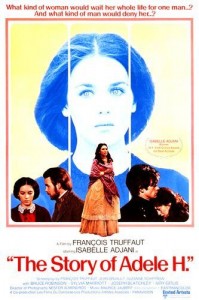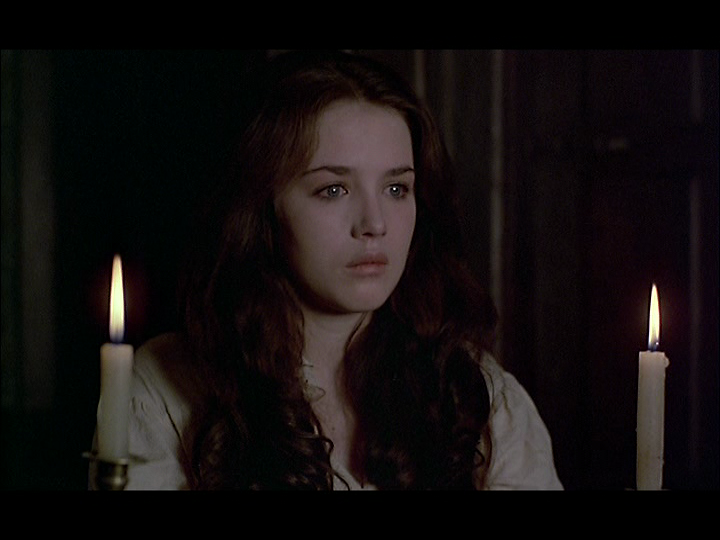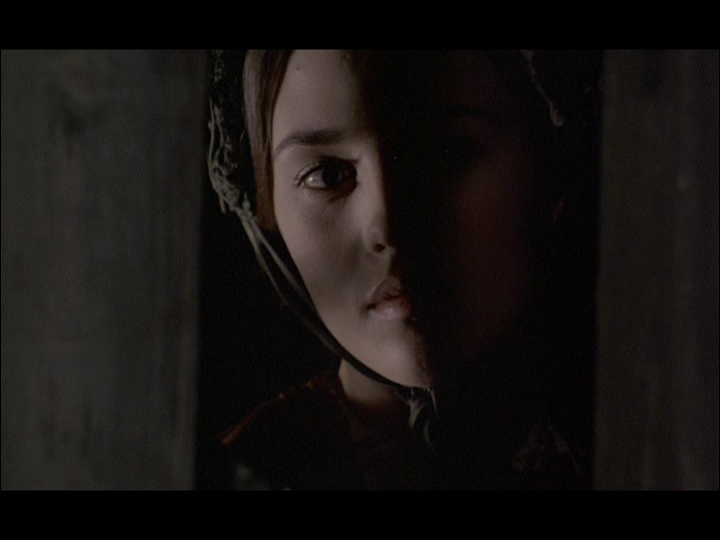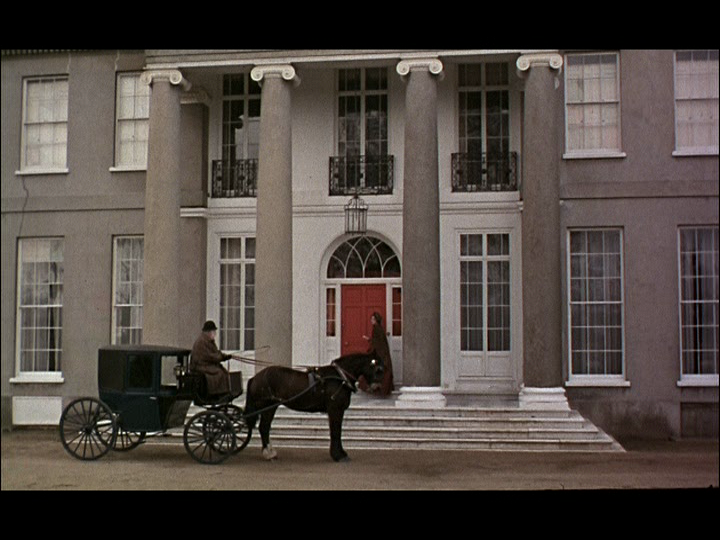Story of Adele H, The / Histoire de Adele H., L’ (1975)
“One can be in love with a man and still despise everything about him.”
|
Synopsis: |
|
Genres, Themes, Actors, and Directors:
Response to Peary’s Review: While much credit should go to Almendros and Truffaut’s set designers for presenting such a faithfully rendered, atmospheric vision of the era and location, most of the film’s success belongs squarely on the shoulders of young Adjani, who was deservedly nominated as one of the Best Actresses of the Year by the Academy, and is given this award by Peary in his Alternate Oscars. In this text, he notes that she gives “one of the truly unforgettable performances of the decade” as a woman with “no sense of pride”, who eventually “goes insane” (in real life, Adele was apparently schizophrenic). He provides a bit more analysis of her character’s strange motivations in pointing out that “Adele’s need for love from her suitor is rooted in her need to escape from the house of her unloving father, to prove to him she is worthy of love” — with the ultimate irony being that “becoming slave to another man is her way of achieving freedom from her father”. One can’t help wanting to research more about the real-life Adele Hugo after watching this riveting “biopic”, which does ample justice to her tragic fate. Redeeming Qualities and Moments: Must See? Categories
Links: |





One thought on “Story of Adele H, The / Histoire de Adele H., L’ (1975)”
A must for Adjani’s performance. That said…
Before just now, the last time I saw this film was on its original release – so, aside from Adjani’s admirable commitment to her character, I can’t say the film is particularly memorable. Or one that offers all that much on a second viewing. Truffaut’s films too often annoy me – though I must say he opted for realizing this film with an extreme amount of care in every detail and the craft is undeniable. Still, it’s a depressing and pathetic tale and one can really want the obsession involved to just stop already. We pretty much know from the start that all is hopeless for Adele, then down and down we go.
While rewatching, I was reminded of Jeanne Moreau’s characater in ‘Jules and Jim’ – another woman on the verge of insanity. The vast improvement with Adjani’s Adele is that we are shown quite a few layers of the madness and, unlike with Moreau, we come to understand and even to a degree sympathize with what Adjani is playing – precisely because she has a richer character to play. Indeed, there are moments here and there that are heartbreaking – mainly since we are witness to a lost cause in pursuit of a lost cause of a lover. (A particularly powerful sequence for me comes late in the film, when Adele – mistakenly sensing something like betrayal – storms out of a bookshop run by a character who genuinely cares for her.) I can’t imagine it’s all that easy for an actor to reveal the colors of mental illness when the main colors are gray and black. But, with the distance we have from Adele being on-screen (she would obviously be a handful in real life), we’re intrigued as we watch objectively.
Anyone who has seen Adjani in this and such films as ‘The Tenant’ and ‘Possession’ (!) knows how jarring it is to witness her unglued natures play against her considerable beauty. I find it kind of an other-worldly experience.
I do like the ‘duality’ of the film being evenly divided between English and French. One doesn’t often come across that and the balance is refreshing to the ears somehow.
Note: I have to take issue with Peary’s remark about Adele’s “unloving father”. Time and again, in letter after letter that Victor Hugo sends to Adele, he repeatedly tells her how much he loves her and, from the tone of the voice-over, we can only sense the feeling is genuine. As well, we’re ultimately told that Adele and her father lived for many years together before he died.
btw: Truffaut plays Hitchcock by giving himself an interesting cameo appearance.